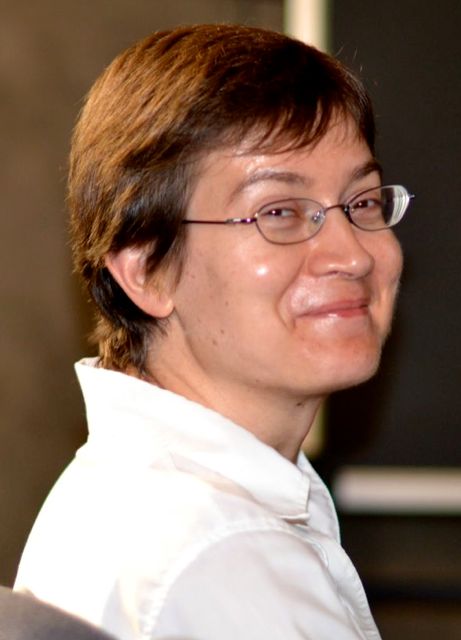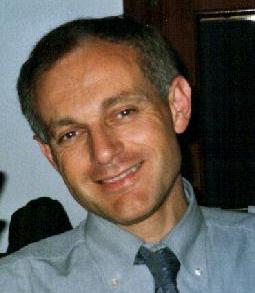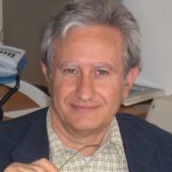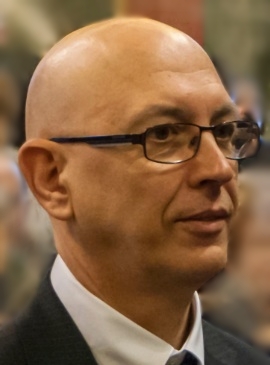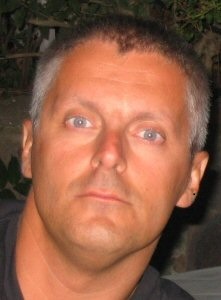Studying at the University of Verona
Here you can find information on the organisational aspects of the Programme, lecture timetables, learning activities and useful contact details for your time at the University, from enrolment to graduation.
Academic calendar
The academic calendar shows the deadlines and scheduled events that are relevant to students, teaching and technical-administrative staff of the University. Public holidays and University closures are also indicated. The academic year normally begins on 1 October each year and ends on 30 September of the following year.
Course calendar
The Academic Calendar sets out the degree programme lecture and exam timetables, as well as the relevant university closure dates..
| Period | From | To |
|---|---|---|
| 1° | Sep 30, 2002 | Nov 29, 2002 |
| 2° | Jan 13, 2003 | Mar 14, 2003 |
| 3° | Apr 7, 2003 | Jun 13, 2003 |
| Session | From | To |
|---|---|---|
| First term | Dec 9, 2002 | Dec 20, 2002 |
| Second term | Mar 24, 2003 | Apr 4, 2003 |
| Third term | Jun 23, 2003 | Jul 4, 2003 |
| First extra term | Jul 7, 2003 | Jul 18, 2003 |
| Second extra term | Sep 1, 2003 | Sep 12, 2003 |
| Third extra term | Sep 15, 2003 | Sep 26, 2003 |
| Period | From | To |
|---|---|---|
| Easter Holidays | Apr 18, 2003 | Apr 27, 2003 |
Exam calendar
Exam dates and rounds are managed by the relevant Science and Engineering Teaching and Student Services Unit.
To view all the exam sessions available, please use the Exam dashboard on ESSE3.
If you forgot your login details or have problems logging in, please contact the relevant IT HelpDesk, or check the login details recovery web page.
Academic staff
Burattini Emilio
 emilio.burattini@univr.it
emilio.burattini@univr.it
 angelo.pica@univr.it
angelo.pica@univr.it
Piccinini Nicola
 piccinini@sci.univr.it
piccinini@sci.univr.it
 +39 349 7461319
+39 349 7461319
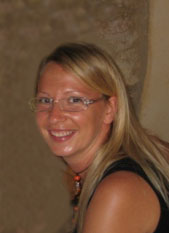
Rossato Rosalba
 rossato@sci.univr.it
rossato@sci.univr.it
 +39 045 802 7077
+39 045 802 7077

Scollo Giuseppe
 giuseppe . scollo at univr . it
giuseppe . scollo at univr . it
 045 802 7940
045 802 7940
Study Plan
The Study Plan includes all modules, teaching and learning activities that each student will need to undertake during their time at the University.
Please select your Study Plan based on your enrollment year.
4° Year activated in the A.Y. 2005/2006
| Modules | Credits | TAF | SSD |
|---|
3 insegnamenti affini (settori matematico e fisico) a scelta per un totale di 15 crediti5° Year activated in the A.Y. 2006/2007
| Modules | Credits | TAF | SSD |
|---|
| Modules | Credits | TAF | SSD |
|---|
| Modules | Credits | TAF | SSD |
|---|
3 insegnamenti affini (settori matematico e fisico) a scelta per un totale di 15 crediti| Modules | Credits | TAF | SSD |
|---|
| Modules | Credits | TAF | SSD |
|---|
8 insegnamenti caratterizzanti a scelta per un totale di 40 creditiLegend | Type of training activity (TTA)
TAF (Type of Educational Activity) All courses and activities are classified into different types of educational activities, indicated by a letter.
Electronic Design Automation (2005/2006)
Teaching code
4S00052
Teacher
Credits
5
Language
Italian
Scientific Disciplinary Sector (SSD)
ING-INF/05 - INFORMATION PROCESSING SYSTEMS
Period
Third four month term dal Apr 3, 2006 al Jun 9, 2006.
Location
VERONA
Learning outcomes
Il corso presenta le tecniche più innovative nel campo della progettazione automatica di sistemi digitali embedded. I concetti di base della progettazione di dispositivi digitali presentati nel corso di Architettura degli Elaboratori e, in parte, nel corso di Sistemi di Elaborazione dell'Informazione, vengono rapportati in questo corso al mondo reale della progettazione digitale Il flusso di progettazione proposto si basa sull'utilizzo di linguaggi per specifica dello hardware che permettono di effettuare verifica formale delle specifiche, sintesi automatica e gestione delle problematiche relative all'affidabilità. Di ogni tecnica presentata vengono descritti i fondamenti teorici e le applicazioni pratiche che vengono esemplificate con l'utilizzo dei più moderni strumenti di CAD. La teoria presentata nel corso verrà esemplificata attraverso la progettazione di un sistema embedded composto da HW, SW e dispositivi di rete che verrà implementato su board reali.
Program
* I linguaggi di descrizione dell'hardware:
o Sintassi e semantica del VHDL
o Simulazione VHDL temporale
o Simulazione integrata VHDL e C
* Sintesi automatica di dispositivi digitali:
o Sintesi dal livello strutturale
o VHDL per la sintesi
o Sintesi comportamentale
+ scheduling
+ allocation
o Progettazione platform-based
o La cosimulazione HW/SW
* L'affidabilità:
o Difetti / guasti / errori
o Generazione del collaudo combinatoria
o Generazione del collaudo sequenziale
o Sintesi per la collaudabilità
o Tolleranza ai guasti
o Built-in Self Test
* Verifica formale di Hw:
o Equivalence checking
o Property checking
o Strumenti per la verifica:
+ Diagrammi di decisione binaria (BDD)
+ Soddisfacibilità Booleana (SAT)
* Esperienze Industriali:
o La progettazione platform-based in STMicroelectronics
* Laboratorio:
o Compilazione/simulazione VHDL
o Simulazione VHDL con tempo
o Modellazione di FSM e FSMD con HDL Designer
o Sintesi automatica con Leonardo
o Cosimulazione HW/SW con Seamless
o Analisi e aumento della collaudabilità con dftadvisor
o La generazione del test con flextest
o Verifica formale con Cadence SMV
Examination Methods
Le competenze teoriche vengono verificate con una prova scritta scomposta in due prove intermedie durante il corso che portano ad un voto compreso tra 16 e 30/30. Le attività di laboratorio mettono lo studente in grado di realizzare un progetto basato sull'implementazione di un dispositivo embedded HW/SW a partire da una specifica. Gli elaborati vengono di norma completati entro la fine del corso. La valutazione dell'elaborato porta ad un voto, compreso tra 1 e 4/30, che si somma al voto dello scritto.
Teaching materials e documents
-
 Dispense
(html, it, 14 KB, 09/02/07)
Dispense
(html, it, 14 KB, 09/02/07)
-
 Elaborati
(pdf, it, 624 KB, 01/06/06)
Elaborati
(pdf, it, 624 KB, 01/06/06)
-
 Programma dettagliato
(html, it, 30 KB, 11/04/06)
Programma dettagliato
(html, it, 30 KB, 11/04/06)
-
 Temi d'esame 00/01
(zip, it, 64 KB, 04/05/06)
Temi d'esame 00/01
(zip, it, 64 KB, 04/05/06)
-
 Temi d'esame 01/02
(zip, it, 52 KB, 04/05/06)
Temi d'esame 01/02
(zip, it, 52 KB, 04/05/06)
-
 Temi d'esame 02/03
(zip, it, 50 KB, 04/05/06)
Temi d'esame 02/03
(zip, it, 50 KB, 04/05/06)
-
 Temi d'esame 99/00
(zip, it, 93 KB, 04/05/06)
Temi d'esame 99/00
(zip, it, 93 KB, 04/05/06)
Type D and Type F activities
Modules not yet included
Career prospects
Module/Programme news
News for students
There you will find information, resources and services useful during your time at the University (Student’s exam record, your study plan on ESSE3, Distance Learning courses, university email account, office forms, administrative procedures, etc.). You can log into MyUnivr with your GIA login details: only in this way will you be able to receive notification of all the notices from your teachers and your secretariat via email and soon also via the Univr app.


